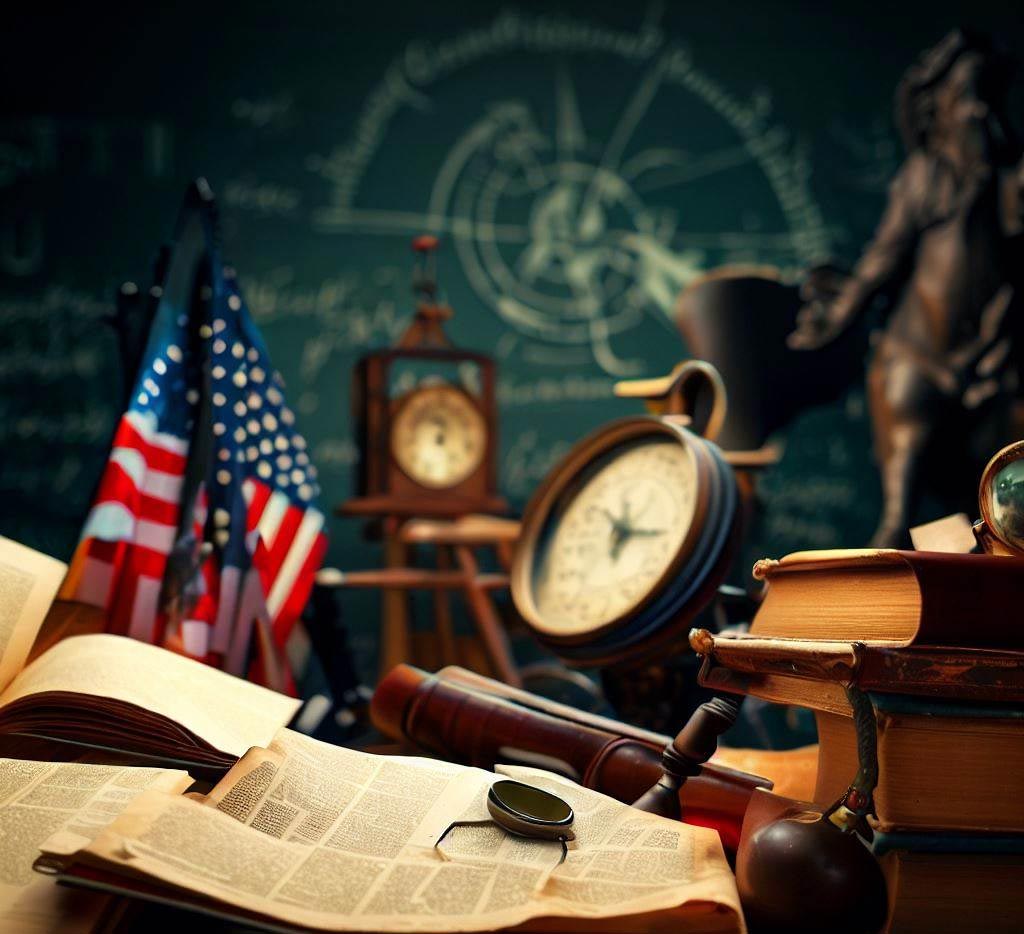
Exploring the Evolution: History of Education in America
Introduction
Education, often regarded as the backbone of a thriving society, is an essential element of national growth and individual development. Particularly in America, the journey of education is an intriguing narrative, marked by trials, triumphs, and transformative changes. This historical analysis of American schooling aims to guide the reader through a comprehensive exploration of the country's educational progression.
Our investigation into the American education system's history, in particular, the evolution of education in the U.S., will dissect key historical periods. Moreover, we'll delve into the major educational reforms in U.S. history and their impact on today's system. Our journey will also cast light on the progressive era in U.S. education history and the development of public education in America.
The Dawn of American Education
Colonial Period: The Birth of a New Educational System
In the earliest stages of American history, education was not a public matter but a private one. During the colonial period, New England was the first region to establish schools in America. Their motivation was primarily religious, intending to ensure their children could read the Bible. The emphasis on literacy led to the historical milestone of the Massachusetts School Law of 1647, often known as the "Old Deluder Satan Act." This legislation marked the birth of compulsory education in America, requiring towns of a certain size to establish schools.
Revolutionary Era: The Democratization of Education
As America began to break free from its colonial past, education took on a new role. Leaders like Thomas Jefferson championed the idea of a more egalitarian system of education that could create informed citizens to sustain the newly born republic. He proposed a two-track educational system, where different paths of education were laid out based on social class and potential. While not all of his ideas were adopted, they marked the beginning of a conversation about public education in America and its role in democracy.
Major Milestones and Reforms
The Common School Movement (Mid-19th Century)
This period, initiated by reformers like Horace Mann, marked a significant shift towards public education. The goal was to establish schools that were free, universal, and non-sectarian. These 'common schools' were intended to foster social cohesion in a rapidly diversifying nation and were a significant step towards universal education.
Progressive Era in U.S. Education History (Late 19th - Early 20th Century)
In response to the Industrial Revolution and urbanization, education reformers pushed for an education system that went beyond basic literacy. Prominent figures like John Dewey argued that schools should foster critical thinking and adapt to the individual needs of students, marking the dawn of progressive education. This period also saw an expansion in higher education with the Morrill Act of 1862, which led to the establishment of land-grant colleges.
The Brown v. Board of Education Ruling (1954)
In one of the most transformative court cases in American history, the Supreme Court ruled that racial segregation in public schools was unconstitutional, overturning the "separate but equal" doctrine. This landmark decision radically changed the landscape of American education, triggering a long and ongoing struggle for educational equality.
Current Implications and Future Directions
The history of education in America has continuously shaped the country's present education system. The journey from private to public education, the introduction of compulsory schooling, and the constant shifts in educational theories and methodologies have all left an indelible mark on American education. The struggle for educational equality, ongoing since the Brown v. Board of Education ruling, continues to influence policy and practice.
In light of its history, the American education system faces significant challenges, such as reducing the achievement gap, enhancing the quality of education, and adapting to a changing societal and technological landscape. The past informs these struggles, reminding us of the transformative potential of education and the need for continual reform.
As historian Henry Adams once said, "A teacher affects eternity; he can never tell where his influence stops." As we reflect on the past and look towards the future, this message resonates. It serves as a reminder that the journey of American education is far from over, as it continues to evolve, meet challenges, and adapt to the changing needs of its people. Our journey through the history of education in America illustrates not only the power of education but also the importance of understanding its history as we navigate its future.
As we move forward, it's essential to remember the lessons learned from our past, using them as guiding principles to create an inclusive, equitable, and quality education system. The history of American education, in its triumphs and challenges, provides valuable insights into how we can shape the future of education in America.
Conclusion
Understanding the history of education in America offers a wealth of knowledge. It highlights the importance of education in shaping society and the potential it holds for future development. From the earliest colonial schools to the present, American education has constantly evolved to reflect the country's changing needs and aspirations. This continual evolution underscores the integral role of education in America's past, present, and future.
As we navigate the challenges and opportunities of the 21st century, this historical analysis of American schooling serves as a compass. It guides our understanding of the past, sheds light on the present, and helps us envision a future where education continues to be the beacon of individual growth and societal development. To paraphrase philosopher George Santayana, those who do not learn from history are doomed to repeat it. By learning from our educational history, we can aspire not to repeat past mistakes and instead, build on our successes for a brighter educational future.
Education History

